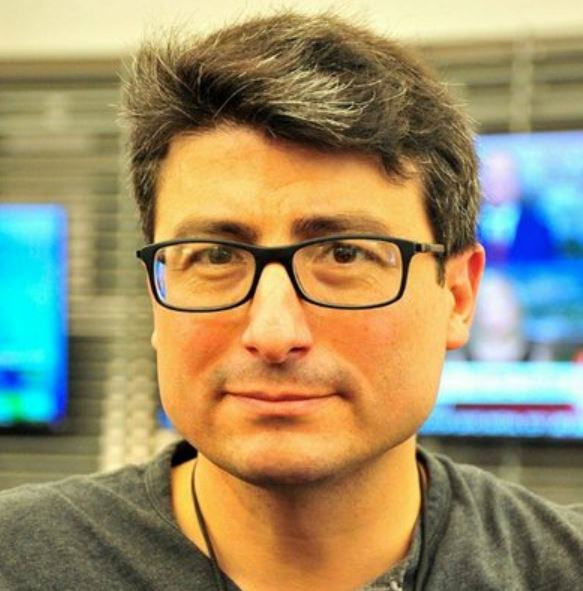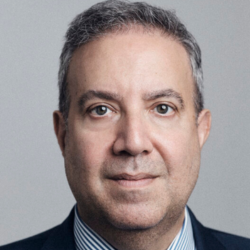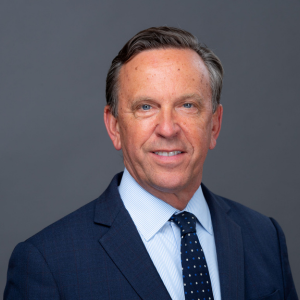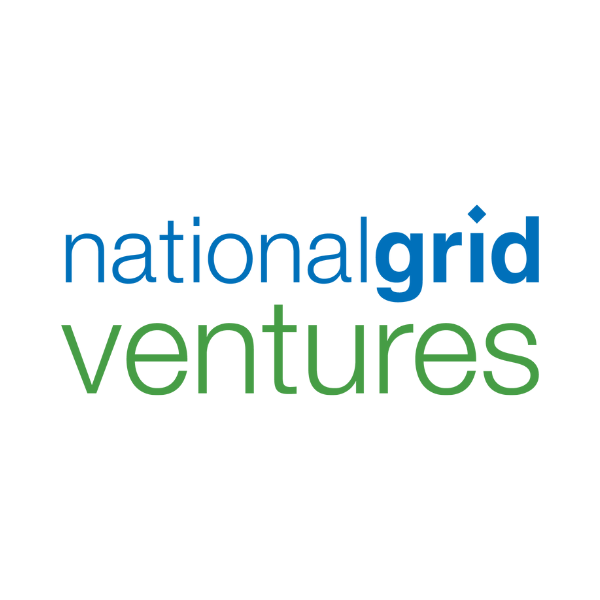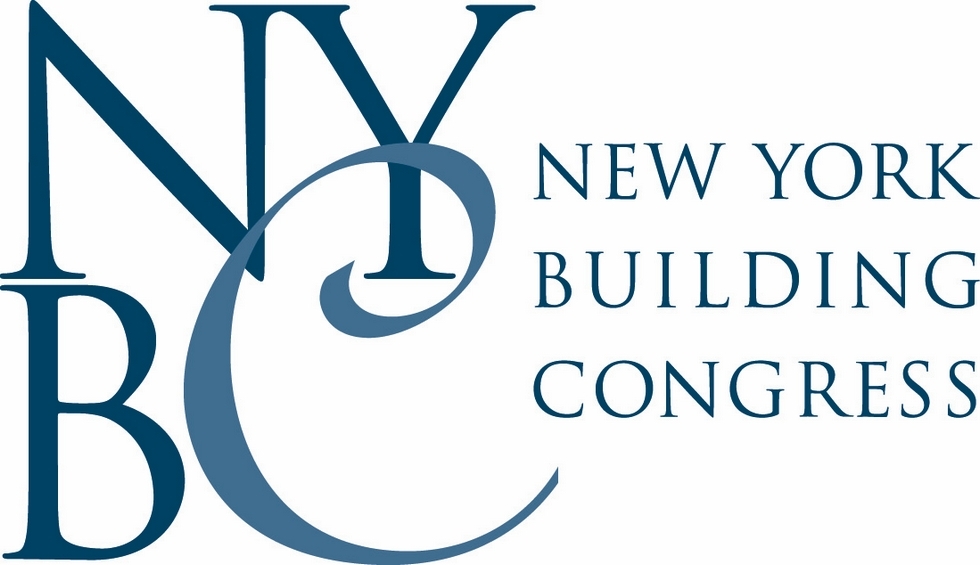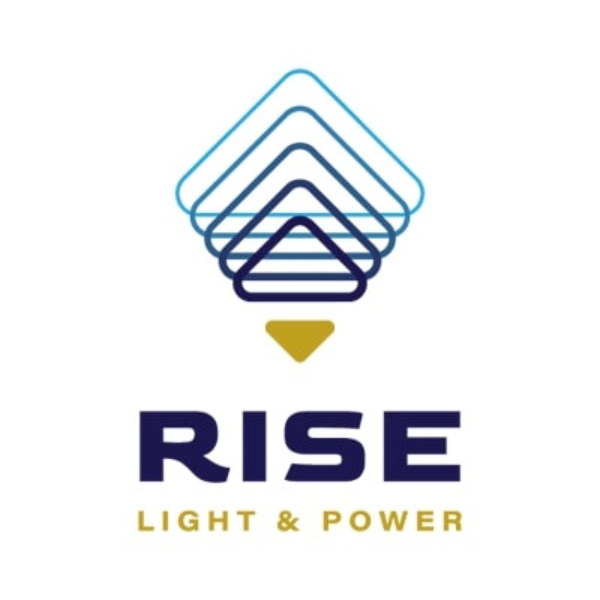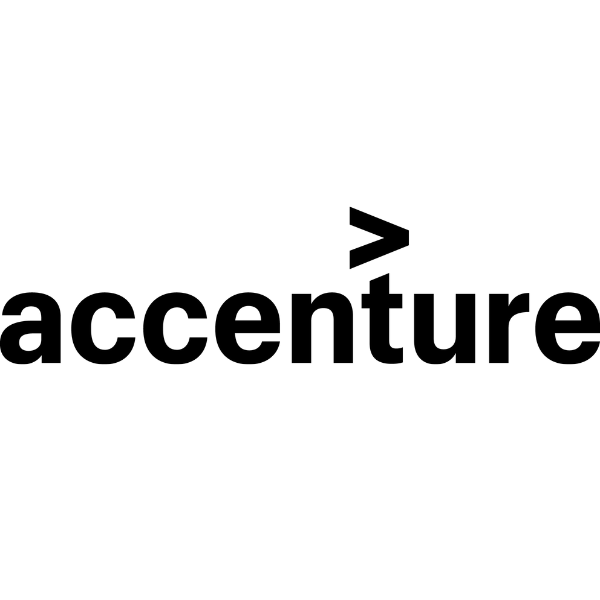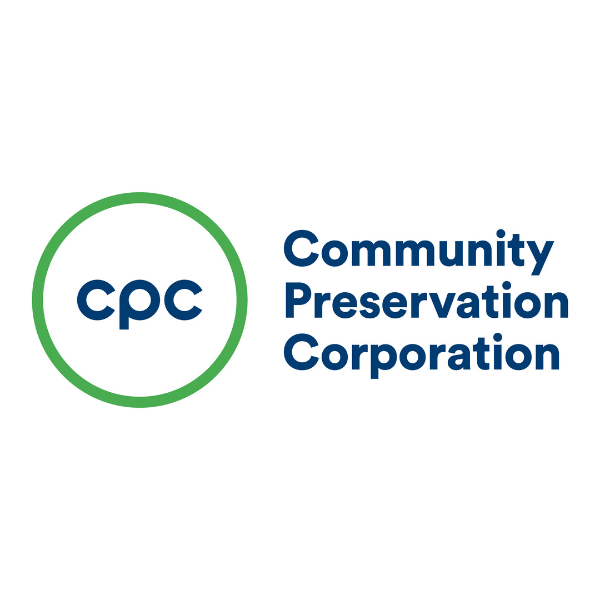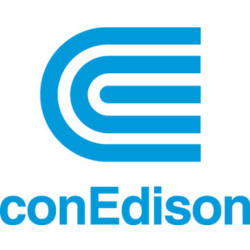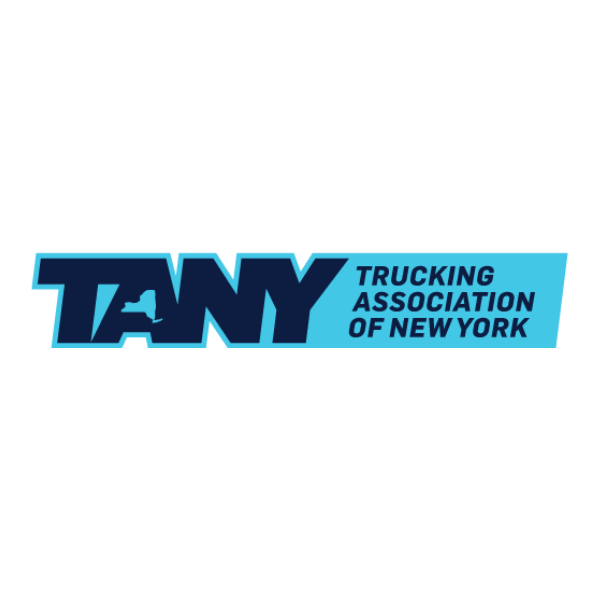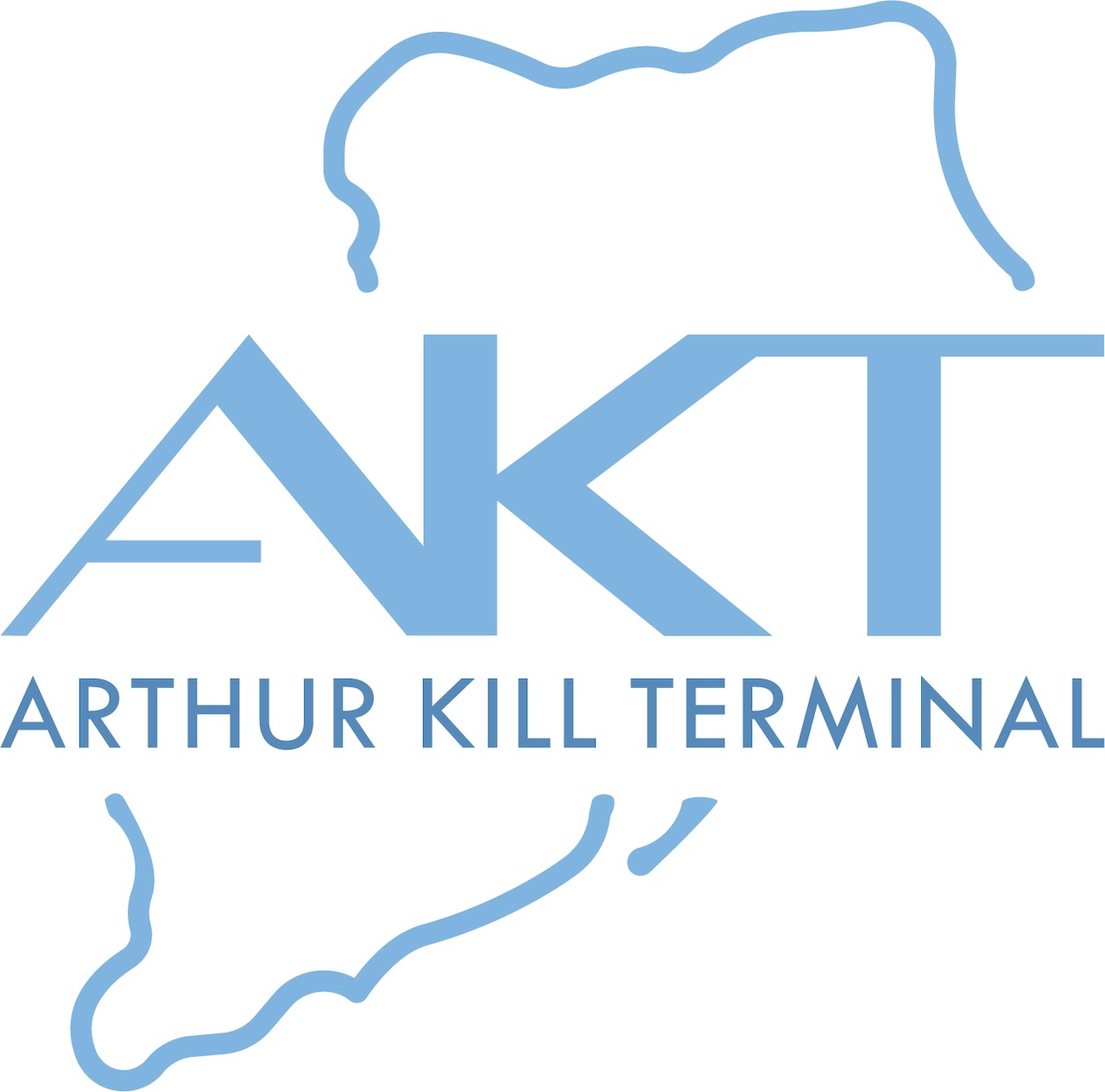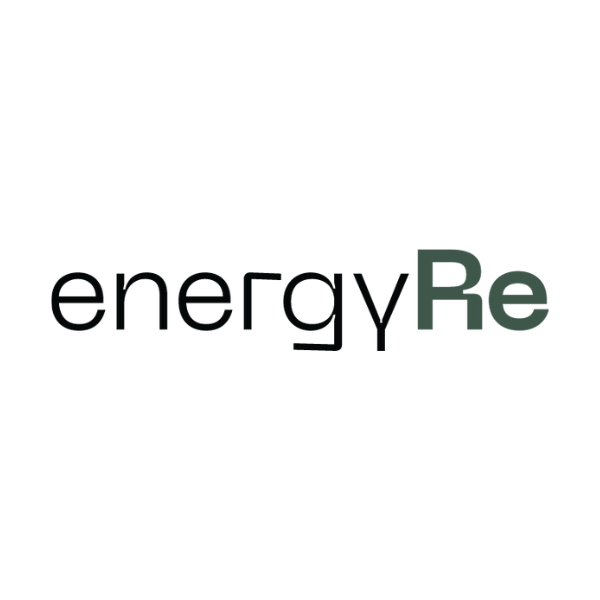Hero
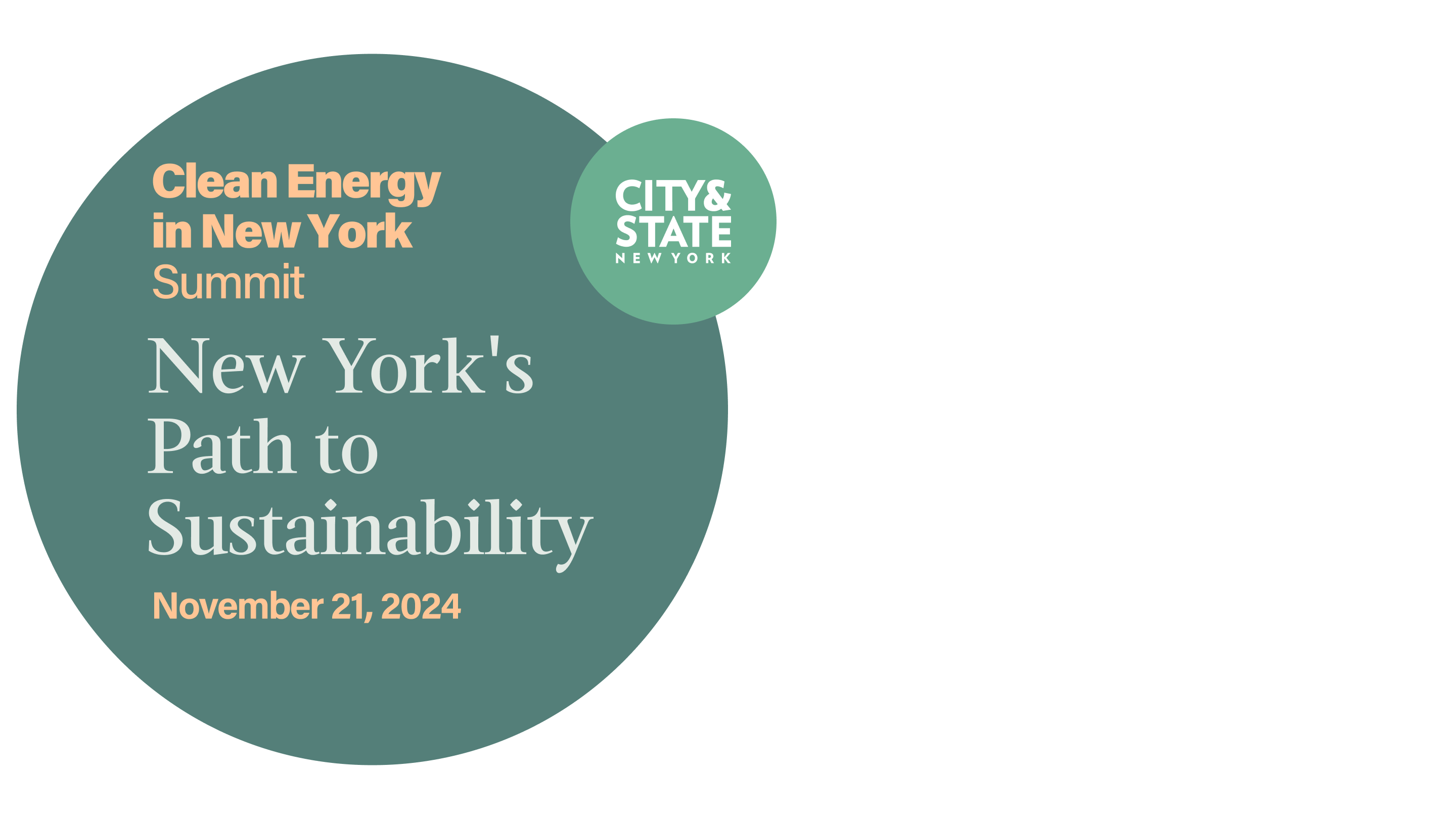
Header and Body
City & State is proud to present our second annual Clean Energy in NY Summit to discuss opportunities that NY’s ambitious energy strategy created for new investment. Panels will focus on large-scale renewable projects; the future of large-scale renewable procurement activity both onshore and offshore; the financial incentives to develop resources in vulnerable communities; as well as the emerging activity in hydrogen hubs, transportation decarbonization, and the state’s very active storage procurement market.
Attend
Details
Museum of Jewish Heritage
36 Battery Pl,
New York, NY 10280
For sponsorships and tickets, please contact the Events Teams (events@cityandstateny.com)
Agenda
Times are subject to change.
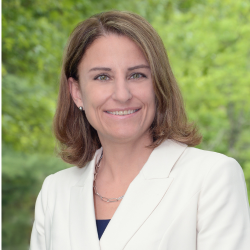
Doreen M. Harris
President & CEONew York State Energy Research and Development Authority (NYSERDA)

Kathleen Schmid
Deputy Executive DirectorNew York City Mayor’s Office of Climate and Environmental Justice
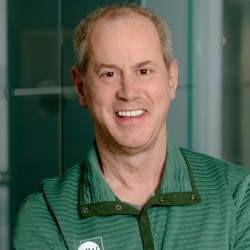

New York is on a path to achieving zero-emission electricity, renewable energy generation and economy-wide carbon neutrality. What are we doing to make NY's buildings and infrastructure more energy efficient? How are reducing waste and emissions? How are we creating and storing renewable energy? What are the latest developments, in nuclear, offshore wind, electric, thermal and all alternative energy sources? We discuss all the above, alongside the newest solutions and programs that are here and on the horizon.
New York is on a path to achieving zero-emission electricity, renewable energy generation and economy-wide carbon neutrality. What are we doing to make NY's buildings and infrastructure more energy efficient? How are reducing waste and emissions? How are we creating and storing renewable energy? What are the latest developments, in nuclear, offshore wind, electric, thermal and all alternative energy sources? We discuss all the above, alongside the newest solutions and programs that are here and on the horizon.
Read More
Rich Kassel (Moderator)
PartnerAJW

Jessica Waldorf
Interim Executive Director, Office of Renewable Energy Siting and Electric TransmissionNew York State Department of Public Service
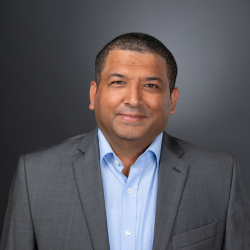
Girish Behal
Vice President, Projects & Business Development,New York Power Authority
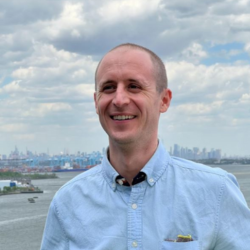
Max Taffet
Senior Vice President, Offshore Wind + PortNYC PlanningNew York City Economic Development Corporation
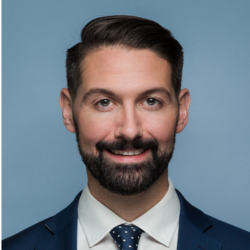
Clint Plummer
Chief Executive OfficerRise Light & Power
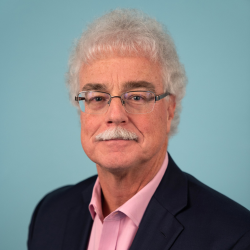
Bob Harrison
Senior Vice President, EngineeringTDI-USA Holdings LLC

Paul Haering
Vice President of Capital InvestmentNew York Transco LLC
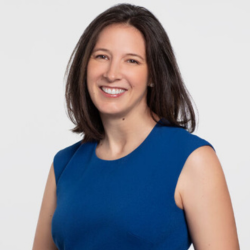
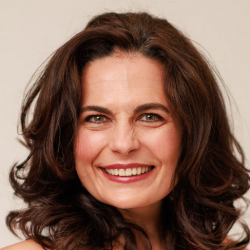
What are the impacts to NY's small businesses, and to the average customer? How do we make sure no one is left behind, how can cost impacts be mitigated, and how will policy decisions affect affordable housing? What jobs need to be set up that make sense with national incentives to effectively support a workforce prepared to meet project development and generation facility needs? What are the workforce training and apprenticeship programs that are needed for a fair transition for both workers, all communities and those displaced by the clean energy transition? How does the energy industry help promote economic development and facilitate investments in energy efficiency?
What are the impacts to NY's small businesses, and to the average customer? How do we make sure no one is left behind, how can cost impacts be mitigated, and how will policy decisions affect affordable housing? What jobs need to be set up that make sense with national incentives to effectively support a workforce prepared to meet project development and generation facility needs? What are the workforce training and apprenticeship programs that are needed for a fair transition for both workers, all communities and those displaced by the clean energy transition? How does the energy industry help promote economic development and facilitate investments in energy efficiency?

Corinne Roller (Moderator)
Vice President, Communications & Public AffairsGlobal Strategy Group

Molly Bauch
North American Connected Energy Services LeadAccenture
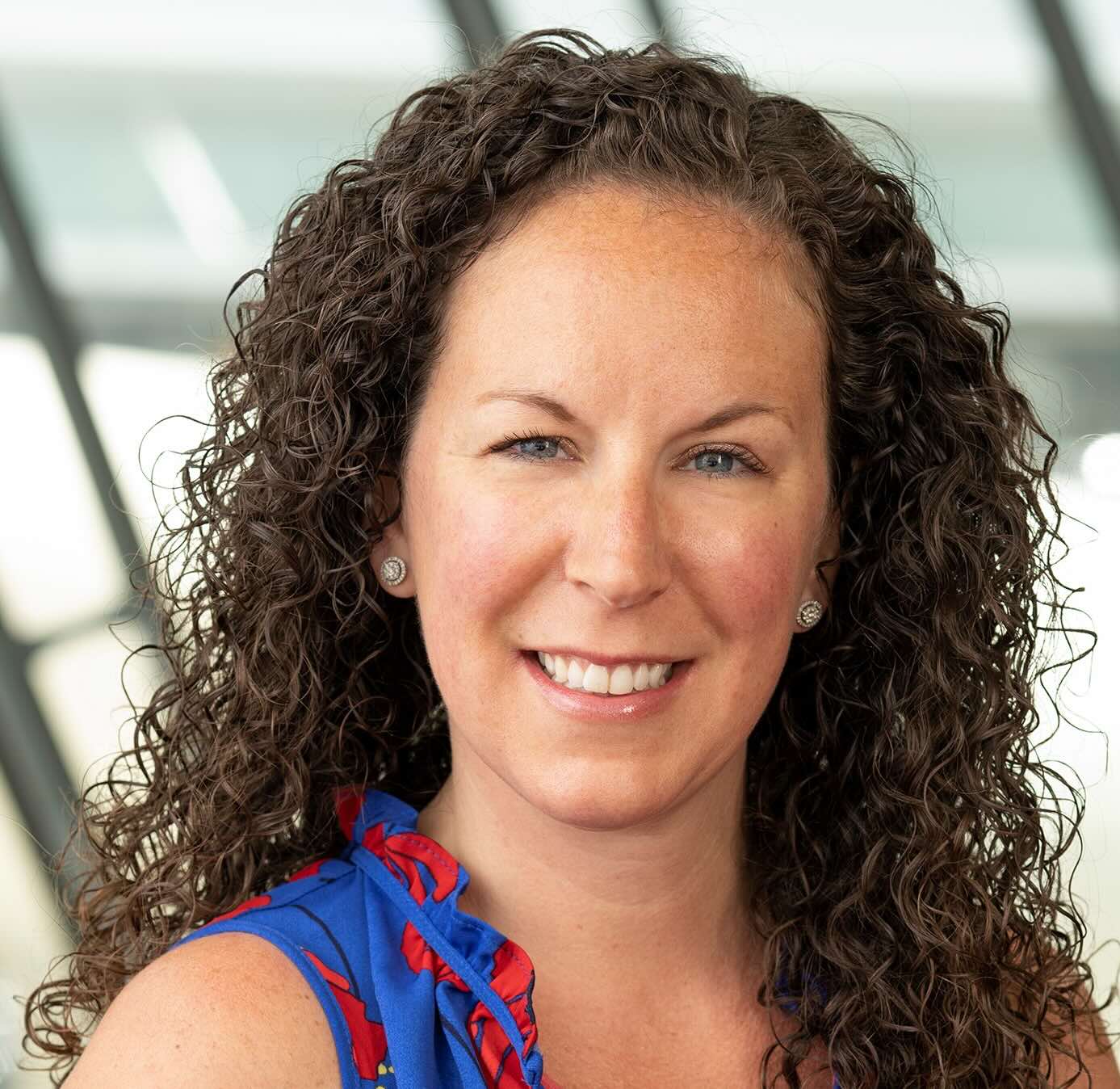
Alanna Russo
Head of Community Engagement and PartnershipsCommunity Offshore Wind
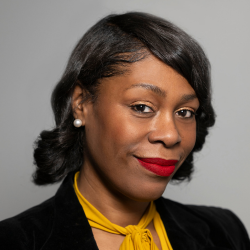
Johari Jenkins-Taylor
Director for Government & Regional Community AffairsConsolidated Edison Company of New York, Brooklyn
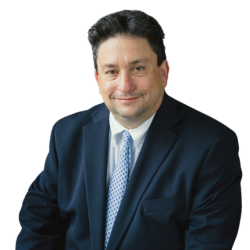
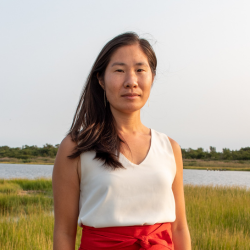
The future of New York depends on reducing emissions and adapting to the obvious threat of climate change. New York has established plans to implement new infrastructures, housing mobility, and land acquisition options. We have been launching programs to explore new resources, including making solar-generated electricity both accessible and affordable. Our government has been collaborating with public, private, and community partners to center equity in the transition away from fossil fuels through alternative energy sources and storage policies and programs. What is working, what is coming up, and what are new ideas in this area?
The future of New York depends on reducing emissions and adapting to the obvious threat of climate change. New York has established plans to implement new infrastructures, housing mobility, and land acquisition options. We have been launching programs to explore new resources, including making solar-generated electricity both accessible and affordable. Our government has been collaborating with public, private, and community partners to center equity in the transition away from fossil fuels through alternative energy sources and storage policies and programs. What is working, what is coming up, and what are new ideas in this area?

Ken Lovett (Moderator)
PartnerIchor Strategies

Louise Yeung
Chief Climate OfficerNYC Comptroller's Office
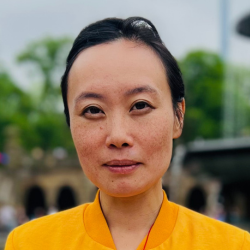
Ke Wei
Director, Clean & Resilient BuildingsNYSERDA
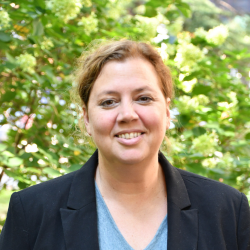
Laura Popa
Deputy Commissioner of SustainabilityNew York City Department of Buildings
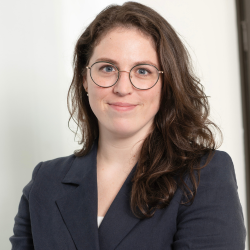
Danielle Donnelly
Assistant Vice President,Sustainability Programs and Climate Friendly Homes FundCommunity Preservation Corporation
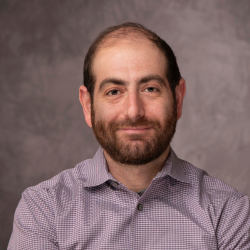
Zach Miller
Director of Metro Region OperationsTANY/Trucking Association of NY
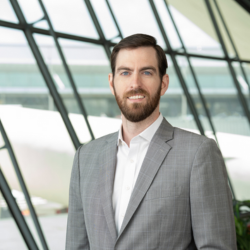
Brian O’Boyle
Director of Transmission DevelopmentNational Grid Ventures, US Northeast
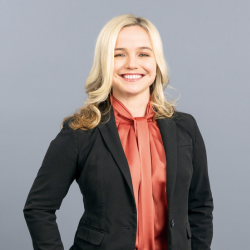
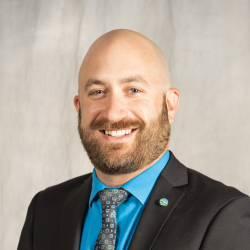
Climate smart communities aim to operate as efficiently as possible. By using alternative and efficient energy, New York can help make their communities greener, livable, equitable, and resilient to the effects of climate change. We have already taken steps to use renewable energy to power our work, homes, schools, and public facilities. We are also working on the decarbonization of freight citywide and the electrification of New York’s vehicles. During this panel we will discuss ideas to build resilient cities and communities designed to anticipate and respond to emergencies, and issues.
Climate smart communities aim to operate as efficiently as possible. By using alternative and efficient energy, New York can help make their communities greener, livable, equitable, and resilient to the effects of climate change. We have already taken steps to use renewable energy to power our work, homes, schools, and public facilities. We are also working on the decarbonization of freight citywide and the electrification of New York’s vehicles. During this panel we will discuss ideas to build resilient cities and communities designed to anticipate and respond to emergencies, and issues.

Katie O’Leary (Moderator)
Vice PresidentThe Parkside Group

Jonathan Binder
Deputy Commissioner for Climate Change, Air Resources & EnergyNew York State Department of Environmental Conservation
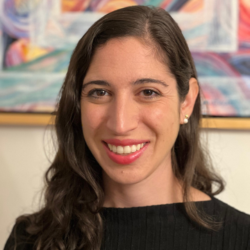
Julia Casagrande
Deputy Director for Clean EnergyMayor's Office of Climate and Environmental Justice
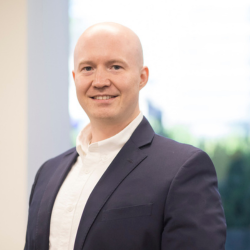
Andrew Buck
Senior Urban Planner/TechnologistVHB





